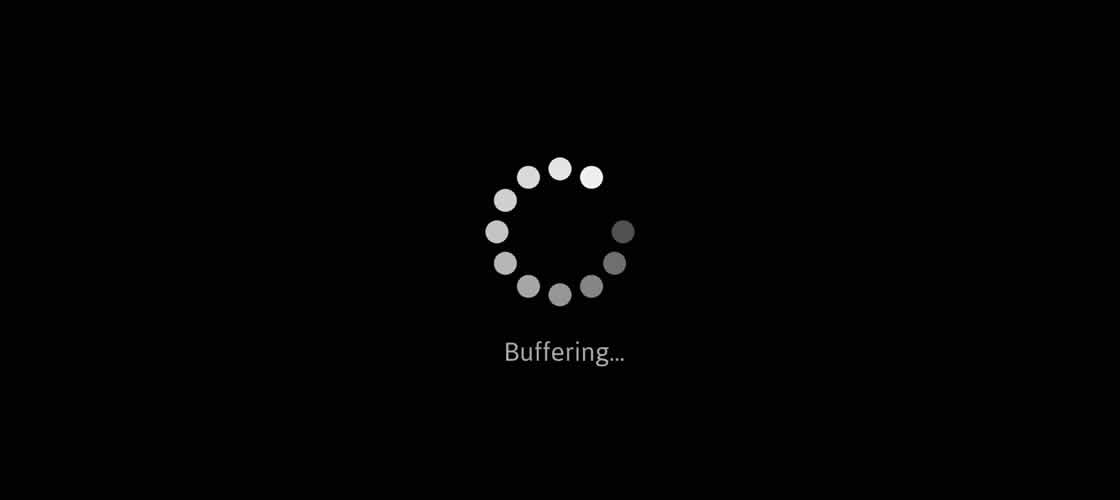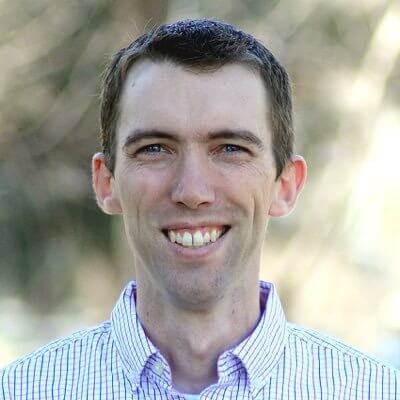Perspectives
Moore’s law does not apply to human brains…or why I’m using less social media every month.


BLANCHARD
I rarely write posts in this tone, but I feel like this is an important one to cover.
A few weeks ago I saw an article shared by a few of you in regard to social media usage.
The author, a man who doesn’t use social, was writing on that very topic. Some dismissed his argument as “if you don’t use social you can’t write about it” while others saw the flip side, “if you use social you can’t write about not using it.”
Someone had to cover the topic. He did. And I think he made some valid points including this one:
“My second objection concerns the idea that social media is harmless. Consider that the ability to concentrate without distraction on hard tasks is becoming increasingly valuable in an increasingly complicated economy. Social media weakens this skill because it’s engineered to be addictive.”
It’s beginning at this point that I want to speak candidly for a moment as, like you, a marketer trying to be successful in my daily work and career.
Limits
It turns out that the human brain, mine especially, has a finite capacity in two important ways:
- It has a limited capacity for consumption.
- It has a limited capacity for processing.
More importantly, however, these capacities are not equal. Meaning, our eyes and ears can deliver much more to our brains than it can process. Like trying to stream video on a weak connection. YouTube (our senses) can deliver that clip in full HD, but the router (our brains) can only handle 360p.
And this is where the analogy gets interesting.
Mental Buffering?
I recently had a conversation with someone where I referred to my state as “mental buffering”, but that’s wrong.
When a device can’t consume more than the input is trying to deliver, it doesn’t allow any more information to enter until it’s processed what it’s already received. It buffers.
Our brains, however, have no such governor. Instead, once we hit our processing limit the information keeps coming in.
The result is a brain that only truly understands and comprehends a small fraction of the thoughts swimming through it.
Think about that for a moment.
An Experiment
More than once I found myself aware of such a state between my ears. I looked at my information consumption habits, realized that social media was the source of the vast majority of content, and decided to try something.
First, I logged out of Facebook. That was a little less than a year ago. The difference was immediate and profound. My creativity went up, my productivity went up, my happiness went up, as did my ability to think clearly.
I even (ironically) tweeted about it soon after:
Wanna know how little you'd miss by leaving Facebook? Use solely as brand for 10 days, then switch back and check your personal feed/alerts.
— Gregg Blanchard (@slopefillers) March 16, 2016
Then, seeing the benefits and the aforementioned irony, I started to cut back on Twitter. I unfollowed or muted hundreds of people (versus resorts/ski areas) and installed a Chrome extension to help me break the habit of opening up the site in a new tab.
The more I cut back, the more my productivity and creativity trended up and to the right.
A Note About Brands
As I did this I was fully aware of the fact that many people saw me as an expert on social media. This was partly intentional, but mostly accidental as the rise of branded social profiles perfectly coincided with the early days of SlopeFillers and gave me a relevant, recurring topic to discuss.
But I realized, and this is fairly important, that I’d rather go through the hassle of rebuilding my brand/career around something else than to be known for something that, paradoxically, was killing my ability to work in the first place.
So I removed my weekly analysis and commentary from Social7, shut down the side project that had inspired that tool, started covering social topics about 1/3 as much as I had been, and when I needed to write about social media, I got other people to be the expert voices instead of myself.
The Last Two Months
The most evident results of this experiment have come during the last two months where I see a very clear relationship between to facts:
- I’m using less social media than I have in 7-8 years.
- I’m more productive and confident in my work than I’ve ever been.
The self doubt that led me to apply to other marketing gigs last year? Gone. The creativity I thrived on in the early days of my career? It’s back.
The author of the article I led with title his piece with what appeared to be an over-the-top headline:
“Quit Social Media. Your Career May Depend on It.”
But as far as I can tell, he’s absolutely right.
If you want to have better ideas, more focus, get more done during the day, and feel better about your work, try logging off of social for a while. If you’re anything like me, you won’t regret it. You might not even want to go back.
About Gregg & SlopeFillers
I've had more first-time visitors lately, so adding a quick "about" section. I started SlopeFillers in 2010
with the simple goal of sharing great resort marketing strategies. Today I run marketing for resort ecommerce and CRM provider
Inntopia,
my home mountain is the lovely Nordic Valley,
and my favorite marketing campaign remains the Ski Utah TV show that sold me on skiing as a kid in the 90s.
Get the weekly digest.
New stories, ideas, and jobs delivered to your inbox every Friday morning.
